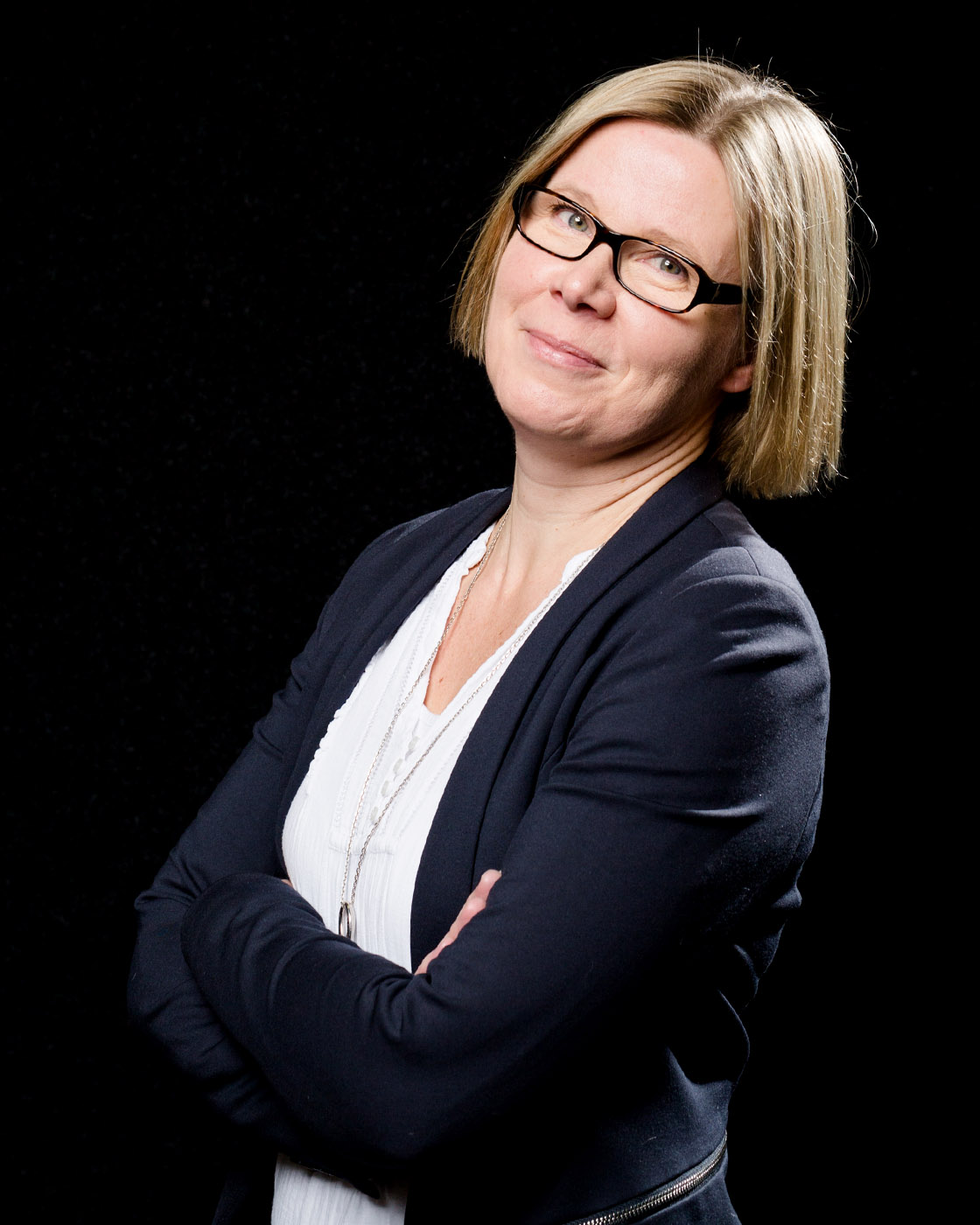Study modules for the circular economy
Ended project: 10/2017 – 9/2019
Haaga-Helia, Laurea and Metropolia developed and implemented a joint circular economy study unit that provides an introduction to the opportunities provided by the circular economy in business and service design.
The project was part of the Circular economy teaching for all levels of education package implemented between 2017 and 2019. Sitra’s vision was that all graduates should understand what the circular economy means from the point of view of their work and day-to-day life, and what decisions and actions they can take to promote the circular economy. The aim was to increase expertise in the circular economy in Finland by extensively developing circular economy training, materials, concepts and co-operation from different points of view for all levels of education. More than 50 educational institutions, organisations and businesses took part in the package.
What was achieved?
The Haaga-Helia, Laurea and Metropolia universities of applied sciences developed and implemented a 15-credit study unit that included five credits of circular economy theory as an online course and a 10-credit module of developing business models for a practical circular economy with the methods of service design. The Circular economy for Sustainable Growth study unit comprised three courses:
- Towards a Sustainable Consumer Society (five credits)
- New Business Models in the Circular Economy (five credits)
- Service Design for the Circular Economy (five credits)
The international study unit brought students with diverse backgrounds together to learn the basics of the circular economy and work on circular economy concepts together with businesses. Each course included lectures both in an online environment and in a classroom as well as practical workshops that solved real-life problems in co-operation with businesses. The universities of applied sciences will also offer the study unit openly to all students after the project. Read about the courses for spring 2020.
The project gave rise to a broader discussion on the significance of the circular economy at Haaga-Helia, Laurea and Metropolia. Laurea, for example, decided that the circular economy will be incorporated into all study programmes. During spring 2019, some 500 students at Laurea had the circular economy as a theme included in some way in their studies.
Who was involved?
Sitra funded the project, and the people responsible for the project at Sitra were Nani Pajunen and Riitta Silvennoinen. The project was realised by the Haaga-Helia, Laurea and Metropolia universities of applied sciences. The implementation phase included practical co-operation with businesses. The impact of the study unit developed is significant, as 25% of students with a UAS Bachelor’s degree and 27% of students with a UAS master’s degree in Finland graduate from these three universities.

What was it about?